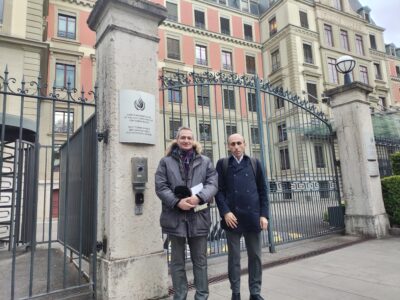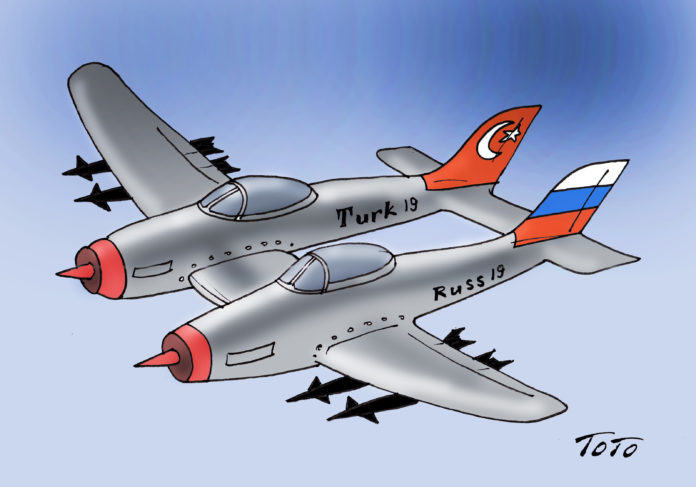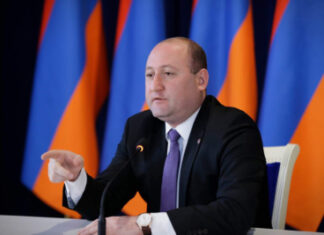Turkey’s challenge to regional and global powers has experienced a recent respite. President Recep Tayyip Erdogan’s Islamist government had pushed its luck too far, particularly playing the patron saint of the Sunni Islamic world. With continuous changes in the landscape of the Middle East, Turkey’s bullying posture finally hit a snag. Relations deteriorated with Egypt, Saudi Arabia and Israel, therefore Erdogan’s government turned to other fronts to score some foreign policy gains.
When Turkey shot down a Russian military aircraft on its border with Syria in 2015, Moscow retaliated boldly and almost crippled Turkey’s tourism industry. Today, however, Russian-Turkish relations are on an upswing. Within the last 12 months, trade between the two countries has risen to $25 billion a year, a 25-percent increase — and it is well on its way to reach the targeted goal of $100 billion a year.
And though Turkey is a NATO member, it has agreed to buy Russian S-400 defense missiles, despite US threats.
And just a few days ago, Moscow declared a visa liberalization policy for citizens of Turkey.
In the Syrian war theater, Turkey has both competing and complementary political interests with Russia and Iran. Ankara’s agreement with the US on Idlib has not been consummated yet and Ankara is looking for settlements with Moscow and Iran during the forthcoming Sochi summit. Russia has been touting and resurrecting the Adana agreement, signed in 1999 between Syria and Turkey, committing both parties to curb any Kurdish activity on either side of the border. This would serve well as an alternative venue to Ankara’s bid for a security zone on the Syrian border, stretching from Jarablus to the Iraqi border. To entice Turkey to settle for that agreement, Russia and Iran have also pledged to join that pact.
Ankara had been gauging the temperature on the Armenian-Azeri border, where alarm bells went off recently when Turkey decided to set up a military base in the Azerbaijani exclave of Nakhichevan. Pundits in Armenia were surprised by the sudden lull in cross-border incidents with Azerbaijan. Questions had been raised whether that was the result of the brief chat between Prime Minister Nikol Pashinyan and President Ilham Aliyev in an elevator in Astana where both were attending a meeting. Speculations also refer to the change in Turkey’s relations with its neighbors.










